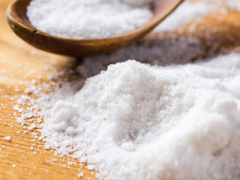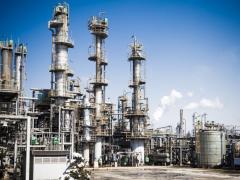Decarbonisation options for the Dutch sugar industry
This report on decarbonisation options for the Dutch sugar industry is part of the MIDDEN project (Manufacturing Industry Decarbonisation Data Exchange Network) initiated by PBL and ECN part of TNO. The project aims to support industry, policymakers, analysts and the energy sector in their common efforts to achieve deep decarbonisation.
Sugar production in the Netherlands
This report describes the current situation of the Dutch sugar production and the options and conditions for its decarbonisation. There are two sugar factories in the Netherlands, at Dinteloord and Vierverlaten, both operated by Suiker Unie, part of Royal Cosun, an agro-industrial cooperative. Sugar production from beet is seasonal, starting typically in the beginning of September and ending mid January. The annual sugar production is around 0.9–1.3 million tonnes, depending on beet production, beet quality and campaign length.
The annual greenhouse gas (GHG) emissions from Suiker Unie vary from 210 to 272 kt CO2eq. Most of the CO2 emissions are energy related as natural gas is used in a combined heat and power generation unit (CHP) to produce the required steam and electricity.
Decarbonisation options
The main short-term opportunities to further decarbonise CO2 emissions related to natural gas combustion in the sugar industry are electrification (heat pumps, electric boilers) and the substitution of natural gas by biogas.
Mapping decarbonisation options is an ongoing process. The MIDDEN project will update and elaborate further on options in the future, in close connection with the industry.
Authors
Specifications
- Publication title
- Decarbonisation options for the Dutch sugar industry
- Publication date
- 29 August 2019
- Publication type
- Publication
- Publication language
- English
- Product number
- 3481




